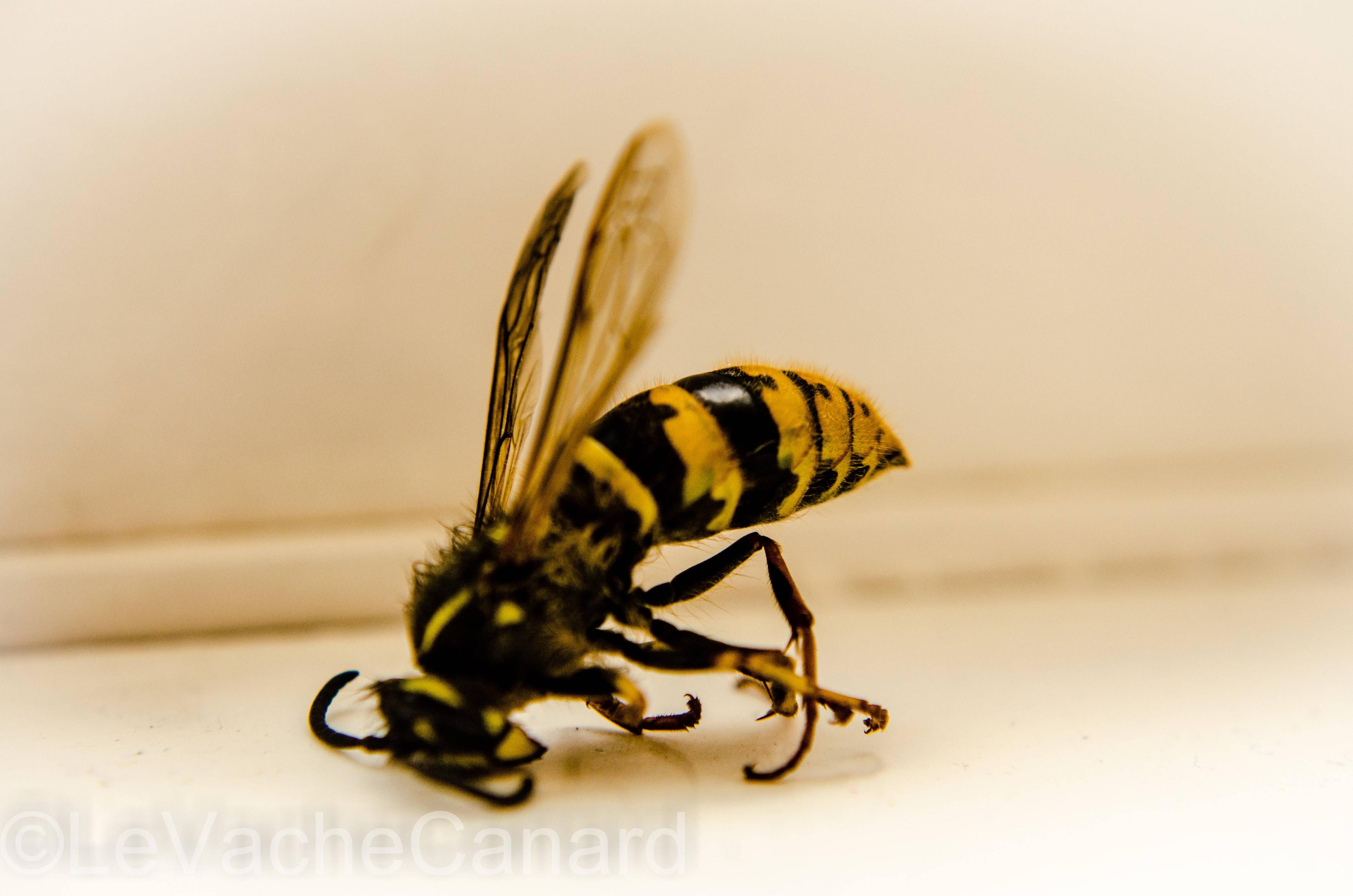bingevader
Field Bee
Hardly an assertion, I started with an "If" for starters!A Ridiculous assertion on your part
A 'heads up' is common speak for 'watchout and stop what you're doing and consider whether you need to take action'
Once you have taken stock, you can either take action or do nothing and continue as you were. Up to you.
KR
S
But this is my problem, you haven't posted a rounded picture of the situation (I've left in the biggest assertions rather than quoting the whole lot!):
Dear New Beeks
Heads up. You may be in your first or second year, with a Nuc or a small colony, or a couple of colonies for that matter
Wasps are already starting to make their presence known and felt in areas.
WHAT IS YOUR PLAN ?!?!??
1. Immediately close up your entrances...
2. WBC Owners - now is the time to reverse an entrance block to completely closed one side and wasp entrance the other side...
7. Destroy any wasp nests found within 500m with ant powder
I'm posting this as there is nothing worse than colonies being destroyed by wasps and we all want our colonies to thrive.
Don't delay, treat for wasps TODAY !
Please bump this post !!
You made lots of statements, not all of them true or necessary.
You haven't, until now, suggested we could take them or leave them.
They're not merely your suggestions for us to follow, they're more like a warning.
And you finish up with:
KR and happy Wasp hunting
Somerford
Lets try not to, unless absolutely necessary, please.






